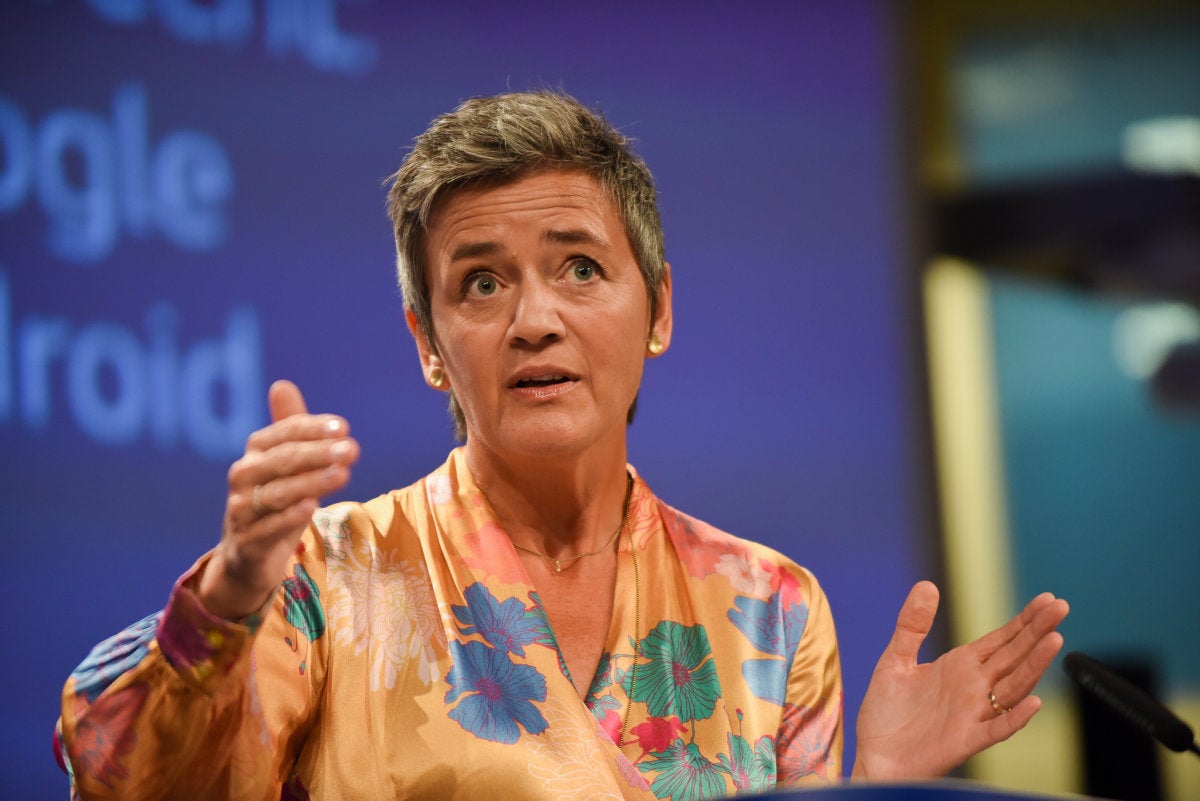Just weeks after Thierry Breton, the EU commissioner for industry, urged Europe to make its own chips, the bloc has announced up to $8.7 billion (€8.1 billion) in public funding for building microelectronics and communication technologies.
The funding plan, put together by 14 EU member nations, was created as an Important Project of Common European Interest (IPCEI), a project category that takes advantage of rules that allow member states to pool resources and cooperate across borders.
While the member states involved in the IPCEI will provide up to $8.7 billion in public funds, another $14.7 billion is expected in private investments, bringing total funding for projects under the plan to over $22 billion, EU Executive Vice President Margrethe Vestager said in a statement.
This IPCEI, which is the EU’s largest to date, will see 56 companies across Europe — including startups, large enterprises, and small and medium-size enterprises — undertake a total of 68 projects, Vestager added.
Some of the companies involved in the IPCEI include Bosch, STMicroelectronics, GlobalFoundries, Orange, and Continental Automotive.
The direct result of the IPCEI, according to Vestager, will see the creation of 8,700 highly skilled jobs. The first direct products of the projects are expected to hit the market by 2025, she added.
Vestager said that the IPCEI will ensure that taxpayers’ money is wisely spent and the aid will be “limited to the amount necessary for the project actually to go ahead.”
“In addition, large beneficiaries will return part of the aid received if their projects turn out to be more profitable than foreseen. We call this a claw-back mechanism,” Vestager said.
Further, the innovations arising out of the IPCEI will benefit all member states, Vestager said.
The EU’s decision to aid chip-making and communication technologies such as 5G and 6G comes at a time when the US and China are locked in a battle for supremacy over chip manufacturing.
Both nations have tried several strategies including partnering with other nations and banning the use of chips manufactured by companies that are headquartered in the other nation.
Last month, the UK, which is no longer a part of the EU, announced a £1 billion chip manufacturing investment, which was heavily criticized for being insufficient to make any substantial difference.
Copyright © 2023 IDG Communications, Inc.
This story originally appeared on Computerworld

